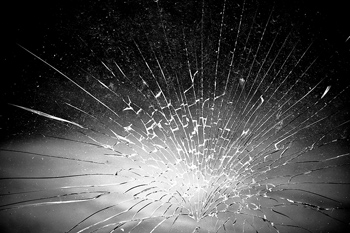The Ten Dollar CD
So, Universal Music Group, UMG, is dropping the retail price of their compact discs to ten dollars and below. On the surface it is crazy to think that a publisher will be selling newly released compact disc albums for the same price and slightly aged albums for even less than they can be downloaded, but upon reflection it makes perfect sense for two reasons. One of those reasons should be tattooed onto the back of book publishing executives’ hands as a “todo: avoid this.”
The first reason why the price cut of the physical album is the obvious next step in publishers’ quixotic quest to save themselves is somewhat unique to their business. The album has been killed by disaggregation. I can’t count the number of times I felt ripped off as a teenager when I got an album home and gave it it a play through only to discover that the only track that was even bearable was the single. Once the iTunes store disaggregated music and allowed consumers to purchase single tracks for 99 cents, that became a fourteen dollar rip off every time it happened to me. The ability to buy a single track was iTunes’ killer feature, not it’s digitalness.
Price cuts are an attempt to lure customers back to buying complete albums. For right now they are only being done with the physical medium because other goals are achieved by that, but soon these price cuts will come to music download stores too. This is presaged by the current offering of good songs as bonus tracks for full albums purchased on iTunes that you can’t get as single tracks.
The other reason for this new pricing regime is that the physical medium has become the publishers’ last reason for existence, and if it dies, so will the music publishing business. Digital download stores and relatively cheap recording have left only one service that a publisher provides to artists, promotion. The publishers finance advertising and push an artist through their contacts so that the artist is able to stand out from the crowd. Record labels have so much legacy overhead that a venture capitalist can come in and pick out a few promising indie acts, spend enough extra on advertising to overcome the lack of connections, and still come out ahead.
Of course the only thing easier than being a music VC is being a fiction VC. Put up a web site soliciting unpublished material. Hire ten people who liked “The DaVinci Code” to read manuscripts. Take a few books that they all liked and buy a lot of ads and send the authors on book tours. Let Amazon produce and distribute your books with their print on demand and eBook publishing acquisition CreateSpace. All it takes is money.
That is the future of print publishing, luckily music publishing is already there so they can sit down and have a good lessons learned chat. Something tells me that isn’t happening.
